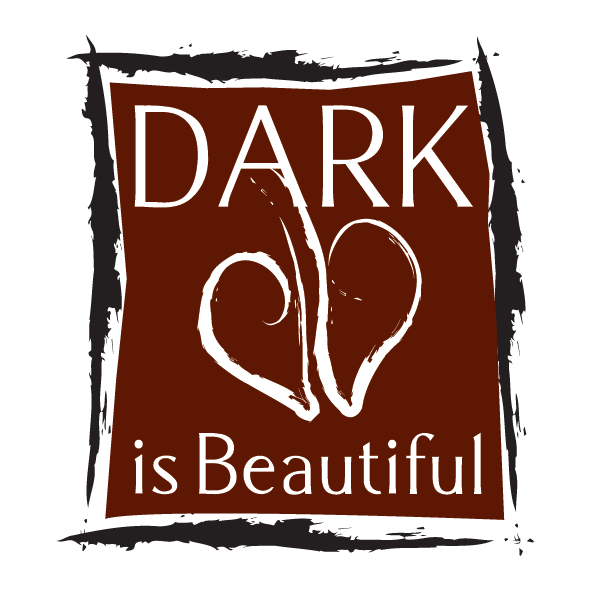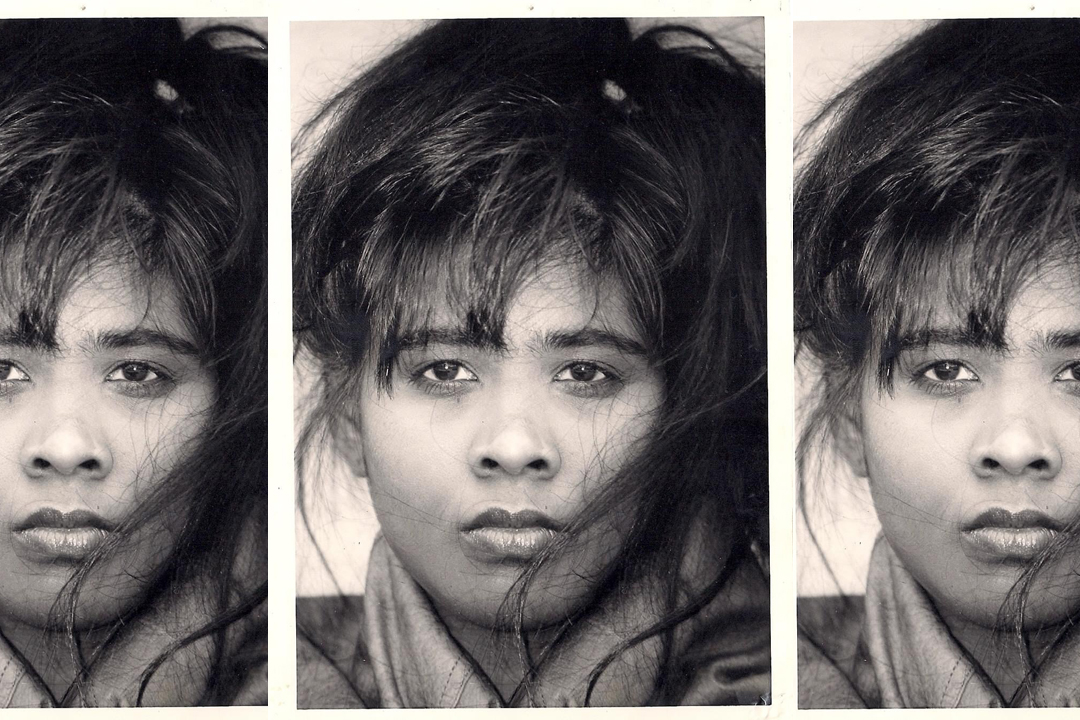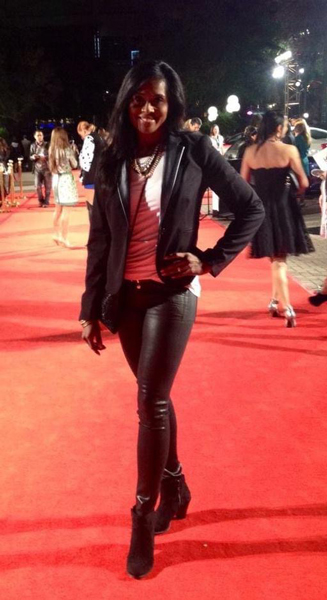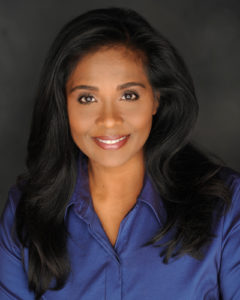Challenging the Bollywood Image of the Indian Woman
My dad was right at everything, including picking the new Ms. Universe, Ms. USA, and Ms. Texas. He had a natural eye for beauty. I remember watching the Ms. Universe pageant as a little girl and remember my dad telling me, “You’re Ms. Trinidad.” At just 5 or 6-years old, you can imagine the confused look on my face. At that same age I remember telling him that I was going to Hollywood, and he said, “No you’re not, you’re going to school.” When I was a child growing up in Washington Heights in Manhattan, I did not know what prejudice or racism was, I was just a little girl who talked a lot, loved watching movies and always wrote, “The End,” at the conclusion of all my creative writing projects because that’s what I saw at the end of every movie. In fact, I loved to watch Bollywood movies on Sundays with my parents when I was little. I would look down at my skin and ask my parents if I was Indian because the Bollywood girls looked white. They assured me that I was Indian without any discussion on skin color, period.
“As I got older, I learned that although I’m Indian, many other Indians are quick to question my true ethnicity, speculating that I must be of mixed race simply because I was born on a Caribbean Island and my skin is dark.”
Even though my race is questioned daily, I’m incredibly proud of my Indian roots. You see, my great-grandparents from both sides, made the trip from Bihar, India to Trinidad many years ago as a way for a better life. I’m the third generation in my family to be born in Trinidad. Sadly, as I got older, I learned that although I’m Indian, many other Indians are quick to question my true ethnicity, speculating that I must be of mixed race simply because I was born on a Caribbean Island and my skin is dark. Despite all the questioning by my own race, throughout my life, I have been stopped by perfect strangers of all ethnicities for compliments on my beauty.
We can thank my mom for my acting skills because she tricked me into trying out for a local “Back to School” fashion show when I was 18. I was terrified, but two days later, I got a letter in the mail stating I was one of the 25 out of 500 people picked to be in the show. My parents sat in the very front row on the day of that show and till this day, I remember that proud look on their faces when I feel challenged in life. When I headed to the University of Texas at Austin, I was certain I was going to be the ugliest girl there. However, shortly upon arrival, not only was I invited to several parties on my first day on campus, but I was also scouted and signed by a talent agent and began to model, take acting classes, have small roles in commercials and found myself on multimillion dollar film sets with real celebrities during a time when there was no social media or diversity in the media. In fact, I had to bring my own make-up to set because none of the make-up artists had any for my skin tone.
I was always told, “well, you could be Middle Eastern, Hispanic, mixed race” but never, was there a role for an Indian girl with dark skin, but I didn’t let that get in my way. I have however, made close cuts for, “MTV’s The Real World,” as a reporter for the “Jeopardy Clue Crew,” I had a call back to play “Rita” in Wes Anderson’s, “Darjeeling Limited,” and I auditioned for a role as a reporter in Robert Rodriquez’s, “Spy Kids,” movie, just to name a few brushes with fame.
Sadly, just 6-years ago, I still had to deal with colourism on and off set on a movie filmed here in Houston where I was one of the lead actresses. It hits you hard and hurts when you put your heart into a project only to hear from a fellow Indian, “You are so dark, “or for them to squint and say, “Ok, you really are Indian.”
A girl who is half Indian and didn’t get the lead role questioned my race and segregated some people on the crew to make me out as some sort of liar about being Indian. I chose to take the high road as much as this hurt and I ended up winning the “Best Actress” award for my role. After other very negative instances with this group of people, I decided it’s not healthy to be around a bunch of Jezebels, and moved on to work with more positive people.
I have experienced colourism from just about every Indian person I have met. Skin color in the Indian culture seems to dictate beauty, success, intelligence and self worth. I love that through marriage, my own family is like the United Nations, with Spanish, Chinese, Irish, English, Mexican, White, Greek, India Indians, Nepalese, Brazilian members, just to name a few. However, the mixture does not mean that colourism is washed away. It’s still there in its unspoken language, like when some relatives don’t allow you to help cook because you are “dirty.” Or when they see your work in the media and say, “How did YOU get there?” My favorite is, “Oh Thank God for you there’s make-up.”
The only way to end colourism is to do what my parents did with me. They made my skin color a non-issue. What I mean by that is, skin color and race were not used in my narrative regarding limitations. Each day, make a plan that it’s not a limitation for you either. My parents knew my life had to be different because this is the reason they came to America, for a better life, just like my great-grandparents had done years ago after leaving India for Trinidad.
Dare to be great, this is your beginning, not “The End.” Colourism Ends With Me.
All photos © Meera Nandlal




I loved reading this. You are an inspiration! My younger sister has darker skin and always wanted to be a model, but now she feels it’s unreasonable. I want to prove her wrong by having her succeed. I wish you happiness in life.